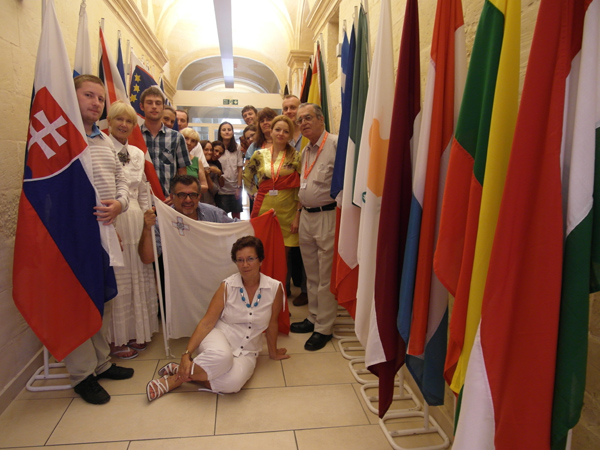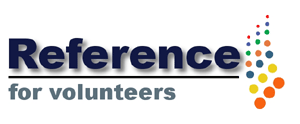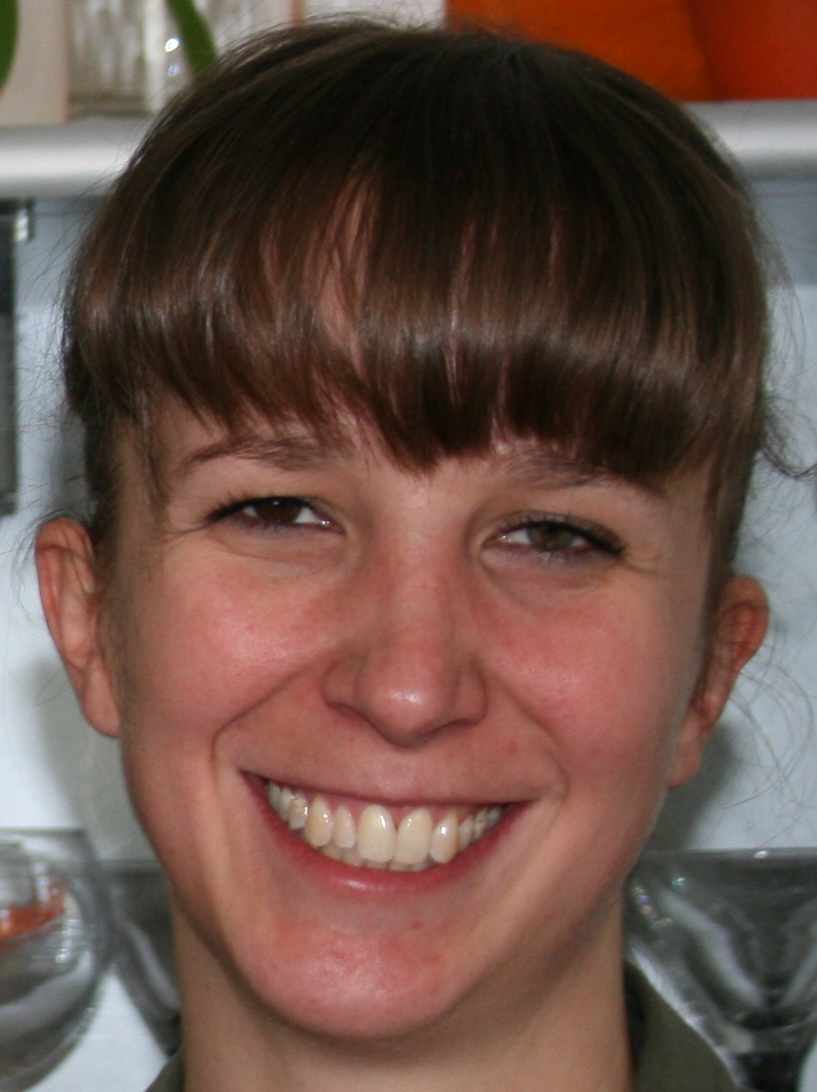REFERENCES for Volunteers

Hundreds and thousands of volunteers across Europe have made, and continue to make, an incalculable and outstanding contribution to social cohesion. They bring a wealth of experience, skills, talents and abilities which contribute to the success of valuable projects, without which communities would be much poorer. But unfortunately this substantial contribution is often not recognised or valued.
And a lot of these skills and experiences developed through volunteering could be utilised for improving the employability of the volunteers, or for staff development. But this opportunity is scarcely used. Unfortunately work undertaken in NGOs is often seriously undervalued with the skills developed by volunteers regarded as virtually irrelevant in the world of business. So NGOs working with volunteers need to understand and speak the language of the business world, to be able to give qualified references for their volunteers and to open new pathways into employment or career opportunities for them.
8 NGOs from Germany, UK, Czech Republic, Slovenia, Slovakia, Romania, Malta and Bulgaria,, all working with volunteers formed the Grundtvig Learning Partnership “References for volunteers”. The partners have developed a European format as a basis for a professional reference letter for volunteers in NGOs. We have consulted with our colleagues in business and industry in all eight countries to ensure that the guidance we offer here is relevant. The product of this partnership has been the production of a European Guideline for NGOs working with volunteers on how to identify and document the skills, know-how and expertise of their volunteers in a manner which is understood, recognised and valued by local, national and European employers. The Guideline is available for free download from this website.
We hope that you find the Guideline and template both inspiring and useful to you in a very practical way. And we all wish to see the skills developed by volunteers recognised and valued more highly by the business world and society!
Full version of guideline in printable version:
Guideline in english click here
příručka v češtině kliknete zde
Leitfaden auf Deutsch hier klicken
Short guidelines in national languages:
Germany:
Hier finden Sie eine Kurzfassung zum Thema “Referenzen für Ehrenamtliche” hier klicken
Romania:
Pentru a descarca ghidul "Referinte pentru voluntari" click aici
Slovenia:
Elektronsko verzijo vodiča "Reference za prostovoljce" lahko prenesete tukaj
Bulgaria:
За да свалите Наръчника за препоръки за доброволци натиснете тук
Czech:
Pro zkrácenou verzi návodu jak psát referencní dopisy pro dobrovolníky kliknete zde.









